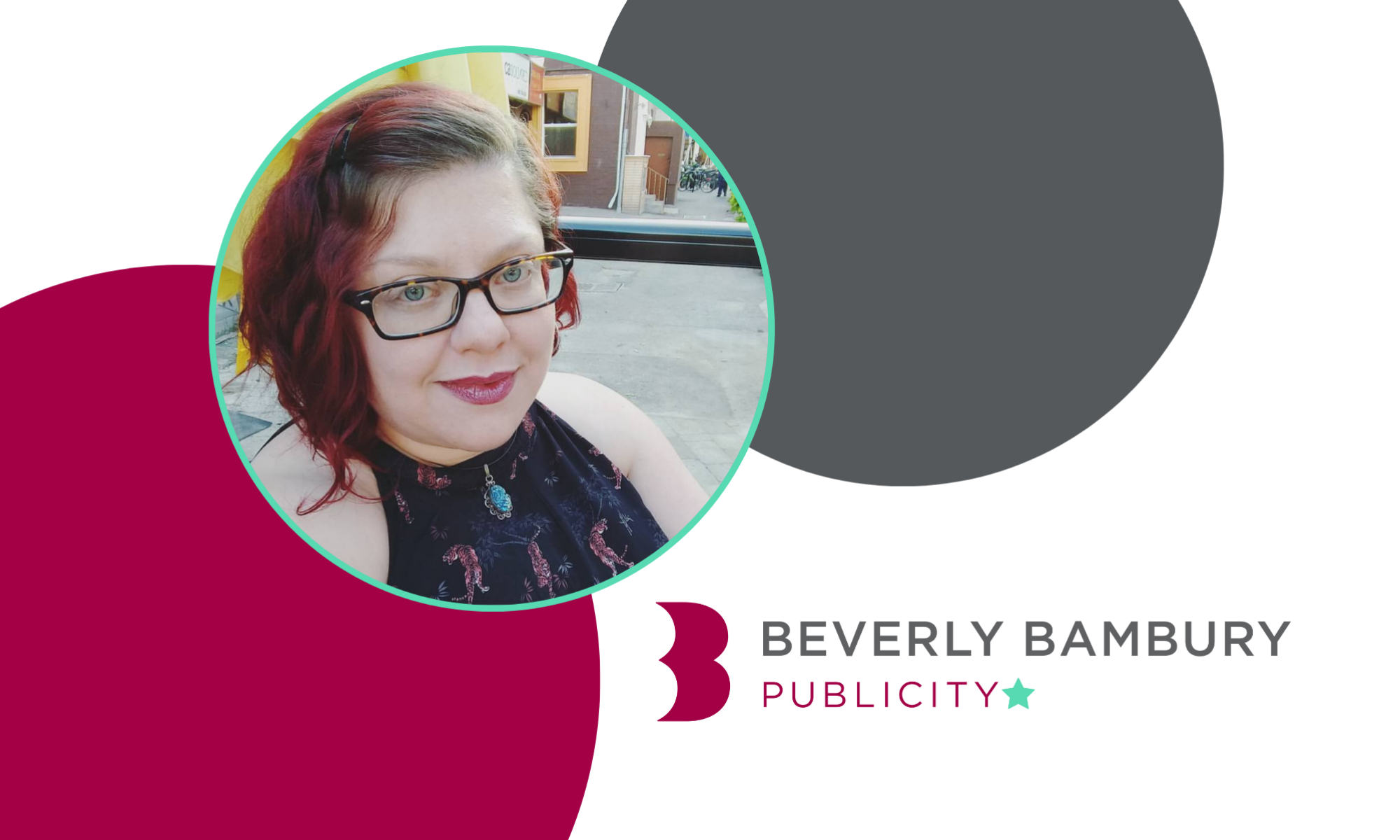Book Marketing without B.S. is a weekly publicity and marketing advice column for writers and other creators who prefer a realistic, clear, and no-nonsense approach. My goal is to help you cut through the bullshit with direct, understandable advice you won’t be embarrassed to follow. Send your questions to beverly@beverlybambury.com.
Today I retweeted a blog post by writer and Guardian columnist Damien G. Walter. It was called The DOs and DO NOTs of Getting Your Book Reviewed and in it was the kind of solid, realistic advice I appreciate (and have written many times before). The first thing he says is that you probably need to work on your craft and write something good. Write something better. It seems obvious, but so many authors and smaller publishers don’t give the book enough time to go through plenty of editing and rewriting. (Well, sometimes the editing is lacking at the big houses lately, too, but the shrinking corporate reality of the big publishers is a blog post for another day.)
The second piece of general advice is this: “put yourself, as a writer, in the shoes of the people and publications who review books”. Ah, yes. My old saw, empathy. Everyone’s busy, everyone’s inbox is overflowing, and of course we must not lose sight of the fact that reviews are not mere publicity tools, but information for readers (the consumers of your books). Walter also writes about having conversations, about engaging and being a part of the community of readers, writers, and super-fans.
By the time I finished reading, my impression was that the thread running through his advice is that of how important it is to be a real and social human being: don’t spam, don’t fake popularity (i.e. don’t buy followers!), tell your story, share successes and failures. What does all of that sound like? To me it sounds like relationships. It sounds like human interaction.
In particular his advice to share both victories and defeats resonated with me. This was for two reasons. The first is that sharing in this way is a reflection of real and healthy human relationships. If you’re with your friends, do you constantly chirp only your best news, neither listening nor sharing vulnerabilities? I certainly hope not, for your friends’ sake if not yours!
The second reason relates to an experience I had during my recent talk at SFContario. Our energetic discussion arrived at the subject of how important contacts and relationships are in publicity. I candidly shared an experience I mentioned here in which I talk about the time I had to contact outside of my usual area, and how my rate of success had been much lower. I told the audience that the true lesson of the situation was in the humbling experience of realizing that I didn’t have some magic in my query letters, just the more mundane reality of time spent on getting to know people and what they like, and building trusting relationships with them. Afterward, a few people told me that they appreciated my honesty, and that it helped them feel they could better trust my advice. While this was by no means a calculated move on my part, it illustrated yet again that the way you treat other people–the way you interact with them–makes a big difference.
You hear frequently that people don’t want to be spammed, that they don’t want you to just say “buy my book” over and over. Do you listen? Well, Walter’s post is an example of a person telling you what they want, very clearly and concisely. Are you going to listen and examine your behaviour critically, or are you going to make excuses about why it doesn’t apply to you?
My advice is to take a deep breath and remember that this is a long game. In our brave new world of publishing, your overnight success will take years, and–whether you like this or not–it will absolutely depend on two things: your attention to your craft and your ability to have real conversations with other human beings.
